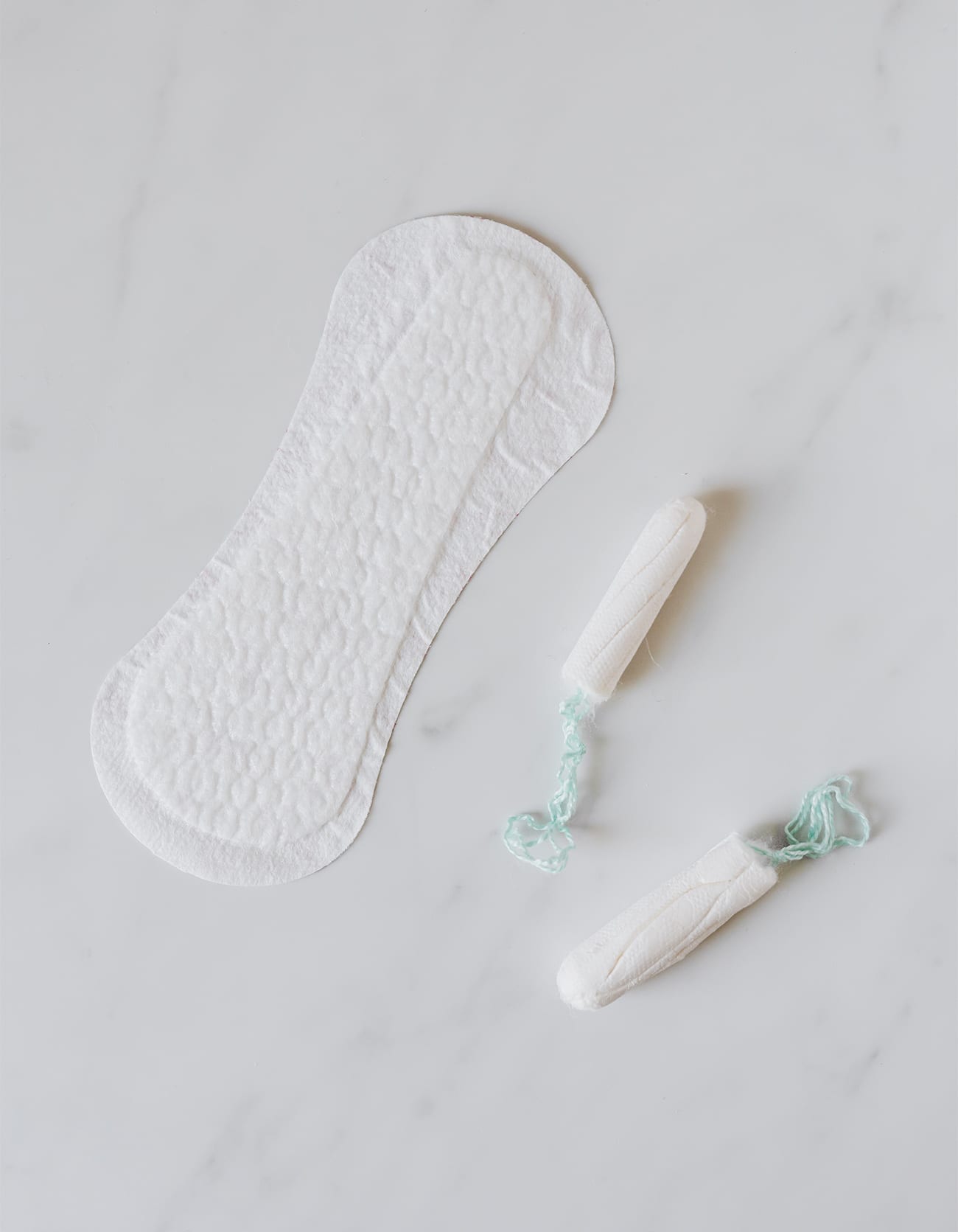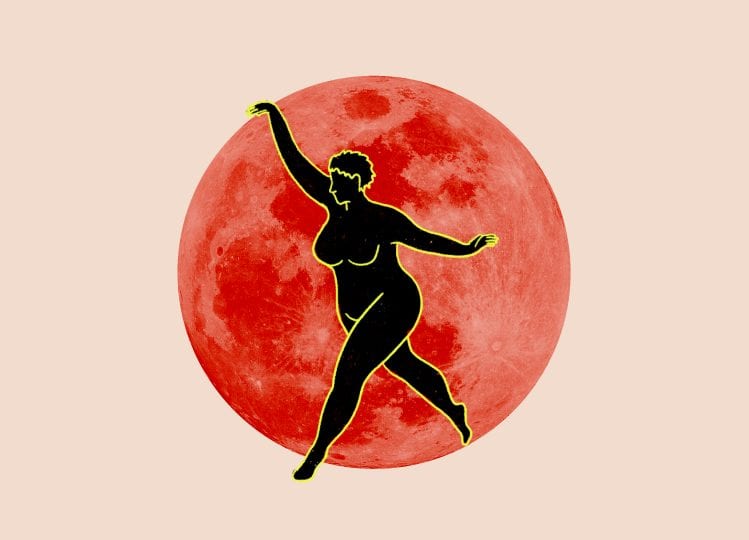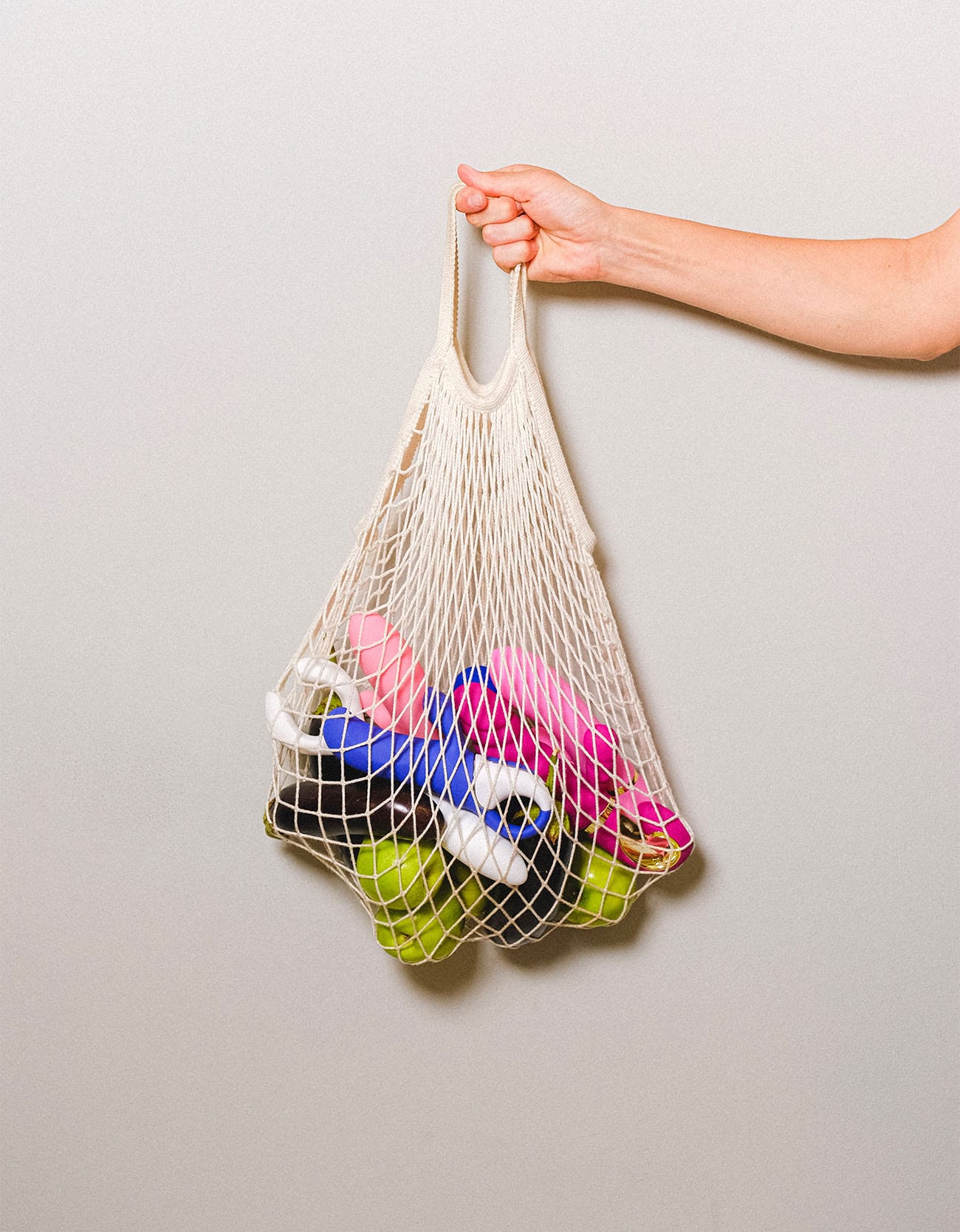Periods & Judaism: Demystifying traditions
IN THIS ARTICLE
So You Binge-Watched Netflix’s Unorthodox…
Whether you’re a practicing Jew or you just finished Unorthodox on Netflix, period-related Jewish traditions can be confusing, especially since many of them are only seen in movies and on TV. While Judaism comes in many denominations, from Reform (more casual) to Orthodox (more strict), the essence of period-related traditions comes down to one essential concept: that of niddah.
A person who is on their period or who has not participated in the post-menstruation rituals is considered a niddah (נדה), which some interpret to mean unholy or unclean, but can also mean “separation.” Read on to learn more about how Judaism influences the period experience.
Can you really only use pads?
Thankfully, the answer here is no! Jewish people with periods use tampons, cups, discs, and anything else they see fit. While there are probably smaller sub-communities that may frown on the use of tampons because of the antiquated idea that they compromise virginity, the vast majority of Jewish people with periods can use whatever period products feel best for them (phew!).
Is it true that period sex is forbidden?
As with lots of traditions, the answer is…it depends. The more orthodox sects of Judaism forbid period sex, as well as any physical contact between partners whatsoever, throughout the entirety of a period, plus an additional week.
This means that they can’t hold hands, kiss, hug, or even make indirect contact, like passing a dish to one another at the dinner table. Couples are also discouraged from engaging in any kind of activity that may be sexually tempting.
If you ever visit Israel, you even may notice that you’ll be hard-pressed to find a hotel room with a king-size bed. Typically you’ll find two smaller (usually twin) beds pushed together so that they can be separated in case one or more guests is a niddah. A niddah must also have separate sheets, pillows, and blankets from their partner.
As you might guess, the adherence to these traditions becomes less and less important in the less orthodox sects.
So how long does it take until you can engage in sexual contact again?
For Hassidic Jews, the separation of the niddah and their partner must be maintained throughout the entirety of the menstruation process, plus seven days. On top of that, a menstruating person is still considered a niddah until they visit a mikvah, a traditional ritual bath.
While a lot of this might feel like self-imposed celibacy, many Orthodox people view this time as an opportunity to connect with their partner in more emotional and spiritual ways while they’re forbidden from making physical contact. As you might have guessed, premarital sex is strictly forbidden for Orthodox Jews. Conservative and Reform Jews, however, are much more lax with these restrictions, if they’re practiced at all.
What’s the deal with the ritual bath?
The traditional Jewish ritual bath is called a mikvah (מקווה). These holy places are completely separate from the synagogue, and aren’t only found in Israel — they’re usually found hidden in plain sight, and are located around the world.
The decor and style of mikvahs can vary, but they usually have a spa-like lobby and waiting room, a changing and showering area, and the “bath” itself (that looks more like a whirlpool). Mikvot (plural of mikvah) are also visited almost exclusively at night to maintain anonymity.
When someone enters a mikvah, they’re greeted just like they would be at any spa or salon. After checking in, the attendant guides the guest to a changing room where they are to remove everything — including any jewelry, nail polish, makeup, and skincare products — and shower off so that there is no barrier between their body and the water. The attendant then gives the guest a comfy robe or towel to throw on for modesty, and they head into the room with the actual bath itself.
Once inside the room, which is typically a private, one-person bath, the attendant and the participant say a blessing and the guest immerses themselves completely in the warm water — nothing can float on top. At this point, it’s up to the guest to decide how many times they want to immerse themselves before getting out, if they want to say any additional prayers, and how long they want to stay in before toweling off and heading back to the dressing room.
Because Orthodox Jews typically only come to the mikvah after their requisite period of no sexual contact, it’s a no-no to share if you’ve seen someone you know because each couple’s sex life is supposed to remain as private as possible — and you know they’re probably engaging in sex pretty soon after they leave.
Other than post-menstrual “cleansing,” Jewish people also can visit the mikvah after giving birth or before a wedding.
So, you’re naked in front of a stranger? Isn’t that awkward? What if you’re trans or nonbinary?
Yes, you are naked in front of a stranger, but the relationship between the two of you isn’t unlike visiting a doctor, or even your gyno — they can see your most intimate parts but they’re there to do a job, and to make your experience as pleasant as possible.
Like with many ancient religions, the old traditions haven’t 100% caught up with the notion of modern gender and sexual identities. However, the only main requirement for something to be a mikvah is that it’s made of natural water. This means that a river, lake, or ocean can also serve as a mikvah if someone is wanting to enjoy the experience of a ritual bath, but is (understandably) nervous about getting naked in front of a stranger.
And, in recent years, the Jewish community has expanded the mikvah experience to be a gender-affirming one for trans women as a part of completing their transition.
Whether you visit a mikvah, treat yourself to your favorite takeout, or enjoy a luxurious afternoon nap, it’s important to practice extra self-care during and around your period — because you deserve it.
For further reading:
This article is informational only and is not offered as medical advice, nor does it substitute for a consultation with your physician. If you have any gynecological/medical concerns or conditions, please consult your physician.
© 2021 The Flex Company. All Rights Reserved.














